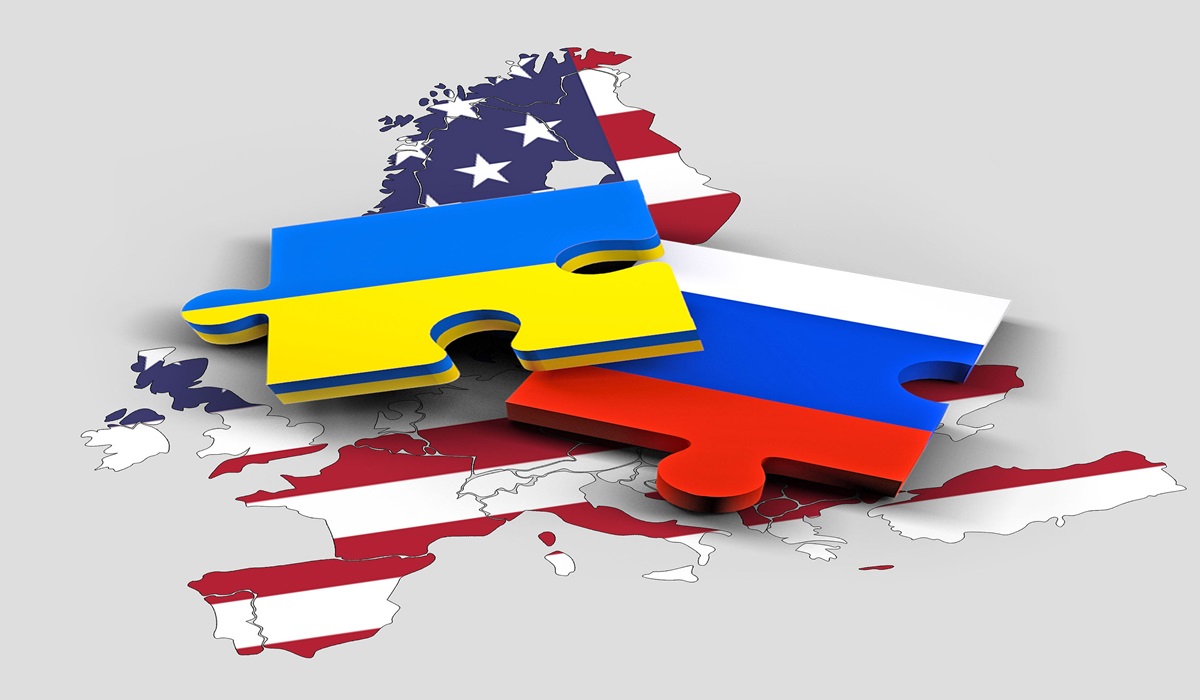Image Credit, Mediamodifier
Donald Trump’s return to the White House, alongside Republican control of both chambers of Congress, signals a seismic shift in the United States’ approach to foreign policy, especially concerning the ongoing conflict in Ukraine. Throughout his previous administration and in the years since, Trump has made no secret of his disapproval of U.S. involvement in Ukraine’s war with Russia. His stance has been clear: he views American financial and military support for Ukraine as a drain on U.S. resources and an unnecessary entanglement. Now, with this resurgence in power, Trump is poised to act on his promise to curtail aid to Ukraine, a decision that will radically alter the balance of power in Eastern Europe and beyond.
For Ukraine, American backing has been a lifeline. The U.S. has poured billions into the conflict, providing weapons, training, and intelligence essential to Ukraine’s resistance against Russian forces. However, Trump’s victory likely spells the end of this steady support. The anticipated policy shift would see an abrupt cutoff in funds, weapons, and other resources, fundamentally weakening Ukraine’s position on the battlefield. Without this support, Ukraine faces an uphill battle, that will give Russia the upper hand as its military advances.
Europe, too, finds itself at a crossroads. The continent’s economies, particularly Germany’s, are already stretched thin by the war’s economic toll, grappling with high energy costs and inflation. Germany, long seen as Europe’s economic engine, has been hit especially hard, with major industries shedding jobs and shuttering factories due to skyrocketing energy costs and supply chain disruptions. Other NATO allies, who have so far been rallying around Ukraine with varying degrees of commitment, might also reconsider their stance. Many have relied on the U.S. as the backbone of their support for Ukraine, both financially and strategically. With Washington pulling back, it’s very likely European leaders will feel compelled—or even able—to continue backing Ukraine on their own.
Russia stands to benefit most from this turn of events. For Moscow, Trump’s victory marks an opportunity to advance its objectives with less international resistance. During his previous term, Trump had a comparatively cordial relationship with Russian leaders, and his disdain for NATO is well-documented. A diminished NATO presence in Ukraine would grant Russia a freer hand to solidify its hold on the territories it has seized and potentially push further into Ukrainian land. Europe, wary of prolonged conflict and economic strain, might be left with no viable option but to engage diplomatically with Russia in an effort to stabilize the region.
The implications of Trump’s return for NATO cannot be overstated. The alliance, heavily reliant on American funding and military might, would face a watershed moment. The U.S. has historically been NATO’s largest contributor, shouldering a disproportionate share of the financial and logistical burden. Trump’s distaste for this arrangement has been longstanding, and his administration would likely pressure NATO allies to assume a greater share of the costs or face a significant reduction in U.S. support. This move would test the obsolete organization’s unity and purpose, potentially straining the transatlantic partnership in ways unseen since the organization’s founding.
Ultimately, Trump’s victory foreshadows a major realignment in the international order. For Ukraine, the loss of U.S. support will be a devastating blow, forcing the country to reassess its military strategies and diplomatic approaches. For Europe, it may mean an inevitable recalibration of alliances and economic priorities, potentially leading to an uneasy rapprochement with Russia. And for NATO, this shift represents a moment of reckoning, as the alliance contemplates its future without the guarantee of American backing. As this new administration prepares to take office, the world watches, bracing for the profound impact these changes will have on the future of global security and stability.









